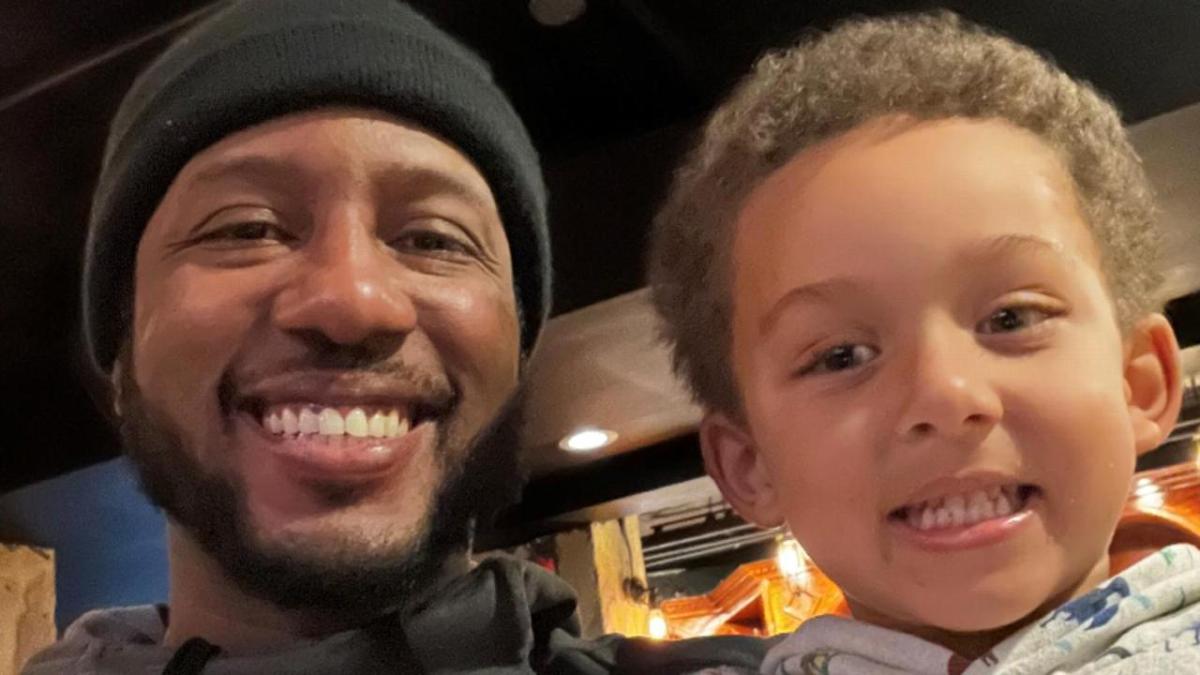Get To Know a CareCentrix Nurse Coach
In honor of Home Care, Hospice and Palliative Care Month in November, Tim Wright shares what drew him to a career in healthcare and how nurse coaches support improved health outcomes for patients.
Originally published by Walgreens Boots Alliance
By Elyse Russo, Walgreens Stories
Tim Wright still remembers one of the first patients he helped when he started working as a nurse coach for CareCentrix a year ago. It was a man who had not seen a doctor in a very long time and was just discharged from the hospital to return to the mobile home where he lived.
The man told Wright during their first phone call that he usually took care of all the mobile home maintenance himself—repairs were needed to ensure he could drive it to his upcoming doctor appointments—but he simply was not feeling up to it following his recent hospital stay.
“He told me he needed groceries, but his refrigerator was broken, and he didn’t feel well enough to fix it,” Wright recalls. “After some prompting, he shared that he had a freezer chest that he could store meals in, so I got him access to Meals on Wheels home delivery and coordinated transportation to his follow-up doctor appointment. On my second phone call with him, he just praised me up and down! By the third call he was up walking around—almost completely back to normal—and was so grateful.”
Addressing social determinants of health issues, like having enough food to eat, is just one way that nurse coaches help patients navigate healing safely at home. Wright is one of many nurse coaches that CareCentrix, a wholly owned subsidiary of Walgreens Boots Alliance, employs to develop personalized recovery plans for members. Nurse coaches ensure members’ specific goals are met by supplying access to the right resources to heal at home. This November is Home Care, Hospice, and Palliative Care Month. Get to know Wright and how his role as a nurse coach supports improved health outcomes for patients.
Tim’s path to a career in healthcare
Wright was always interested in the sciences, but two incidents happened in his life that led him to pursue a career as a nurse. The first was meeting his now wife and learning that her parents were both nurses.
“That’s when I found out what a nurse was and what they do,” he says. “If you're not in healthcare and you don't know anybody who's a nurse, you really have no idea.”
The second thing that led him to pursue a career in nursing was the passing of his father.
“I was forced to deal with the healthcare industry from a caretaker’s perspective, which I had never done previously, and it was eye-opening,” he says. “I’ve always loved helping people, and I knew becoming a nurse would be a way to continue to do that. It was the best decision of my life.”
Wright worked as a nurse in a hospital for several years before joining CareCentrix.
The unique role of a CareCentrix nurse coach
Nurse coaches at CareCentrix are trained, licensed, registered nurses who support patients over the phone.
Wright is part of CareCentrix's Readmissions Management program, meaning his patients have had a hospitalization following an acute event, which could be anything from an asthma attack to a broken bone. Once that patient is discharged from the hospital, they’ll get a timely phone call from Wright.
“The nurse coach is there to support you and be your teammate and helps with the transition to home and helps prevent you from getting sick again and having an unnecessary readmission,” Wright says. Some of the personalized care plans he develops for patients include helping them understand their discharge instructions, going over new medications and educating them about a new disease diagnosis.
Wright says nurse coaches support the whole person—physically, mentally and emotionally. This also includes social determinants of health, like not having food or transportation, which Wright was able to help address with his patient living in the mobile home.
“We talk through any potential barriers to a patient getting care and make them aware of the resources available in their communities,” Wright says. He added that he’ll also coordinate care with his patients’ primary care physician, find them a primary care physician if they don’t already have one, refer them to a pharmacist or anyone else on their care team.
Some patients need just a few phone calls after a hospital stay, and others require more time and support before they’ve met their recovery goals and their risk for readmission is low.
“From the first phone call to the fourth or fifth, it’s like, ‘Wow, you’re a different person! You’re making progress,’” he says. “That’s wonderful to see, and it’s always fulfilling.”
To learn more about nurse coaching at CareCentrix, visit CareCentrix.com.



